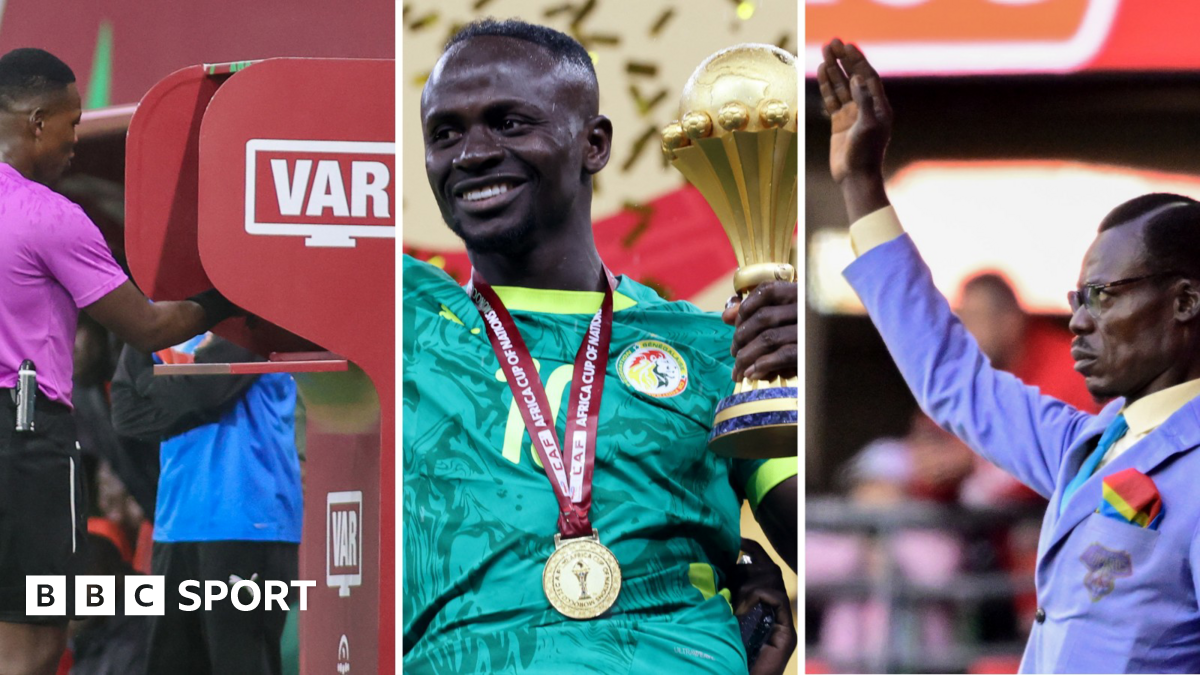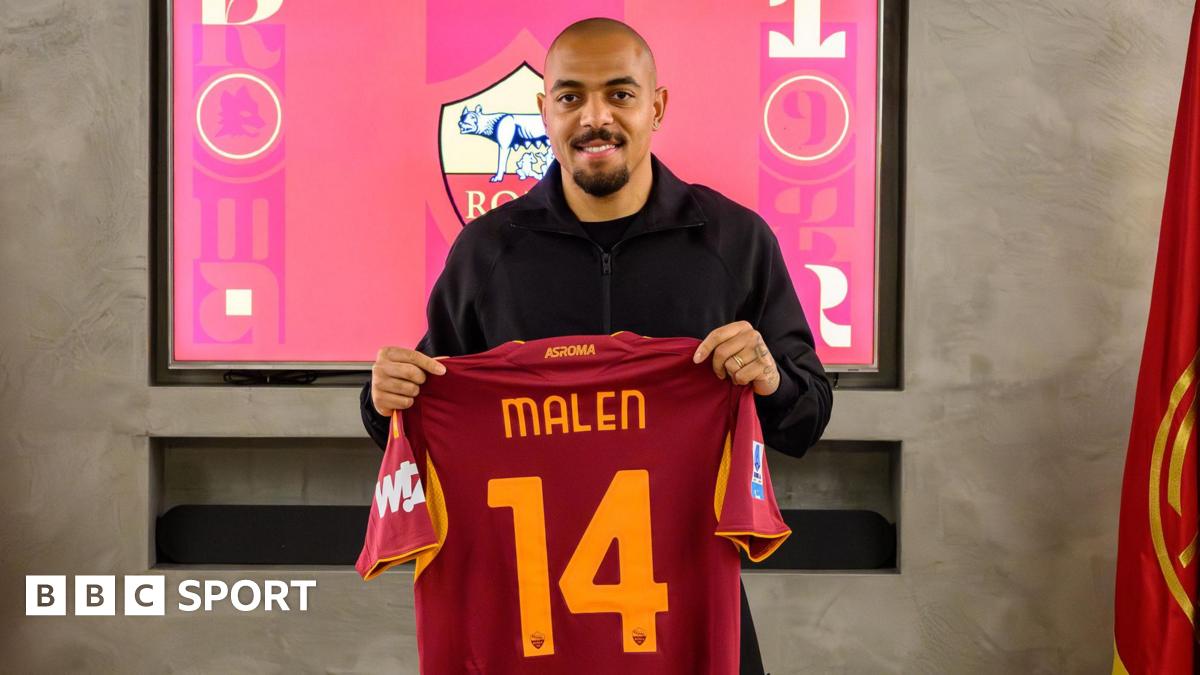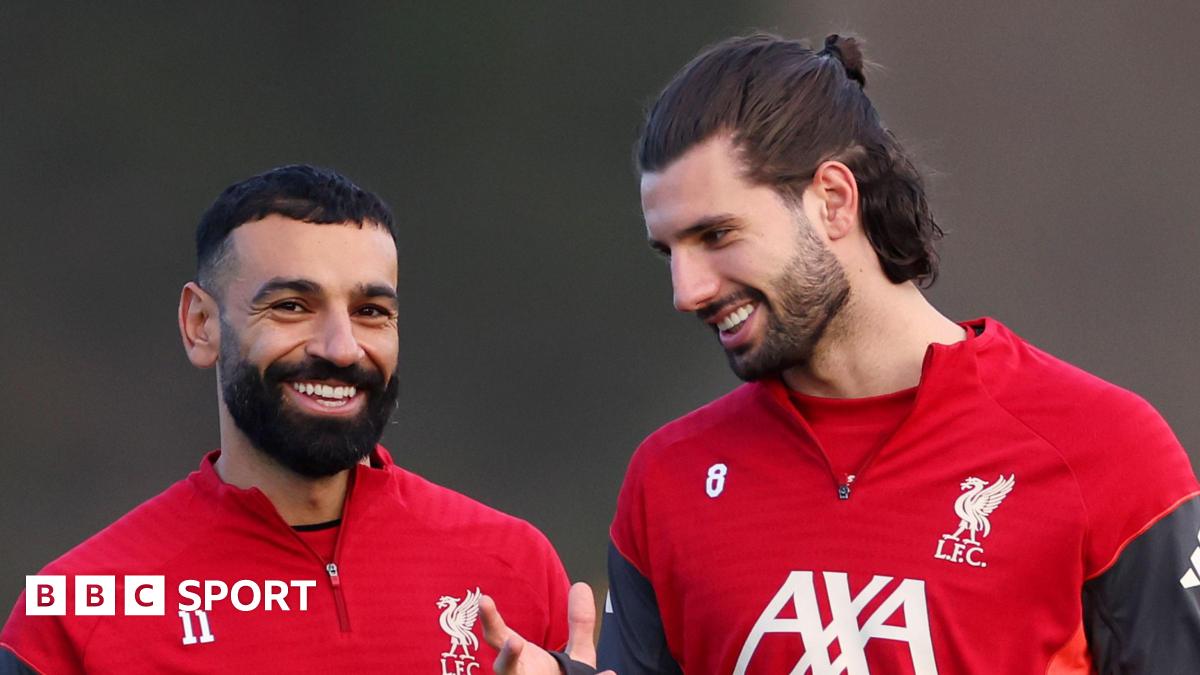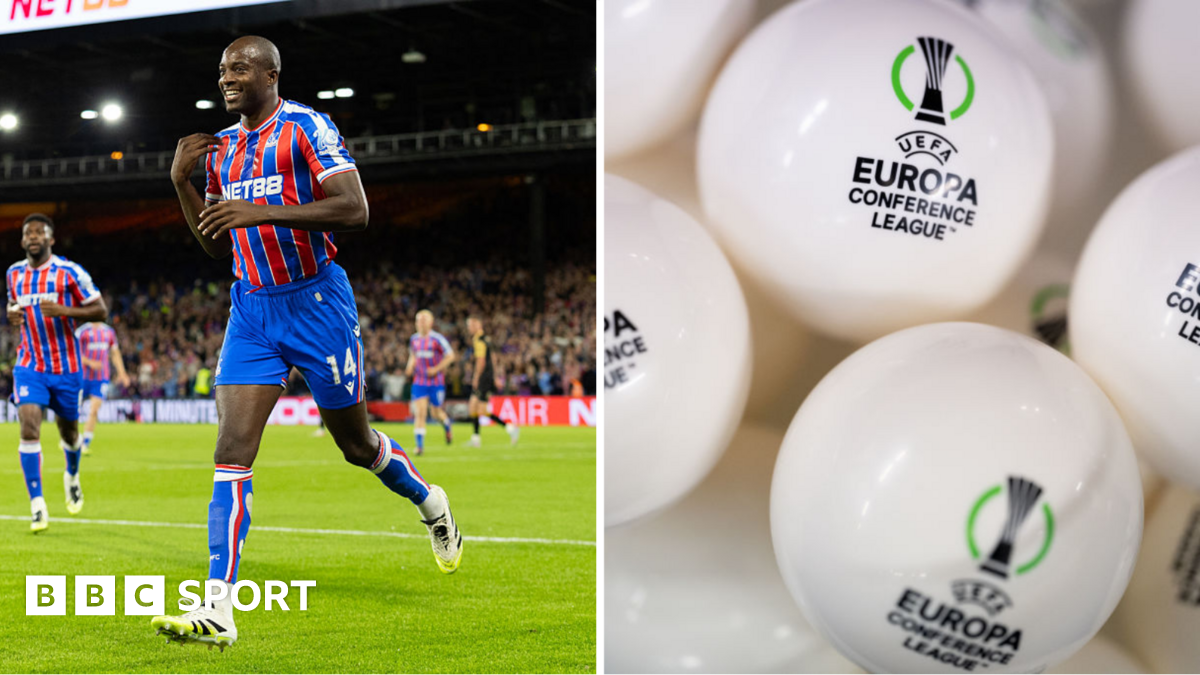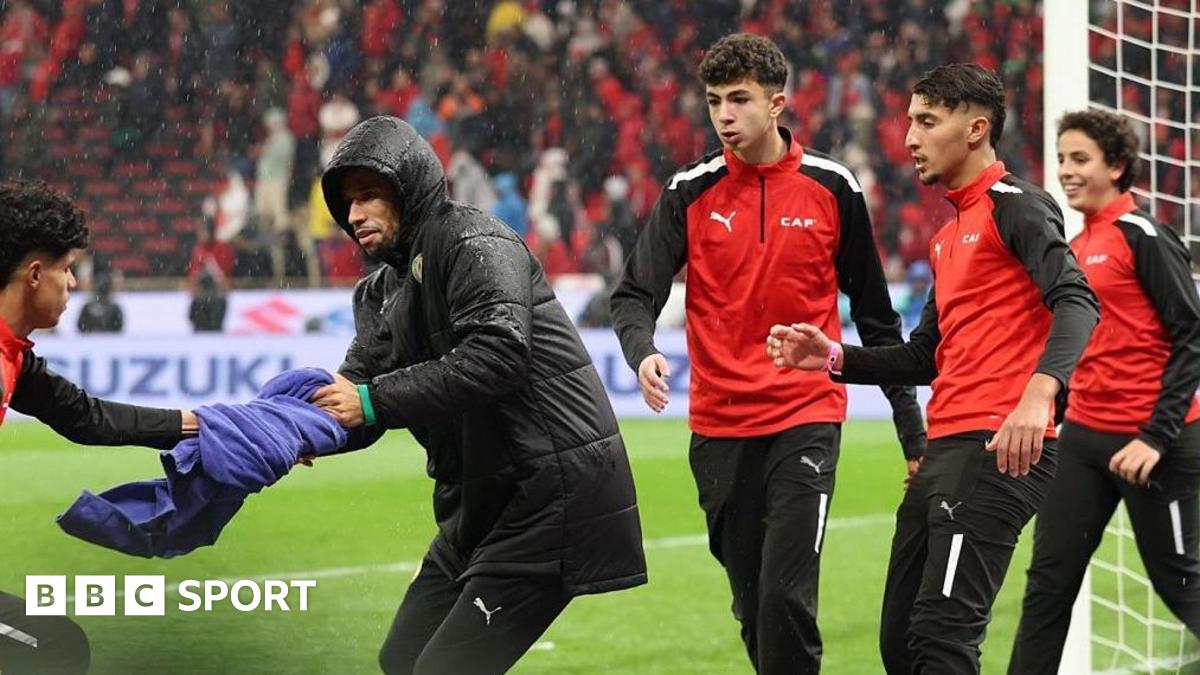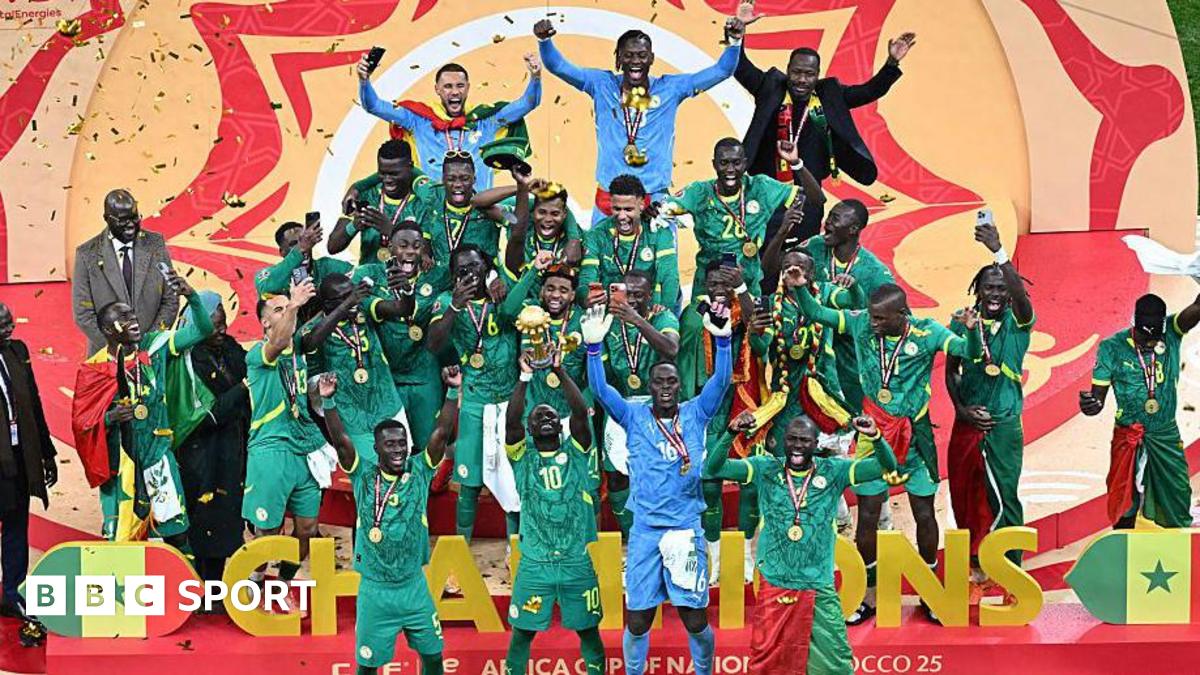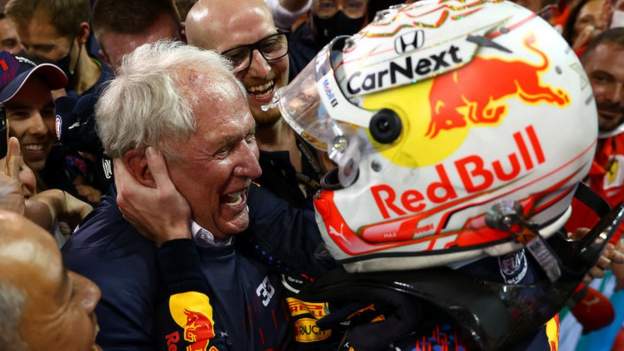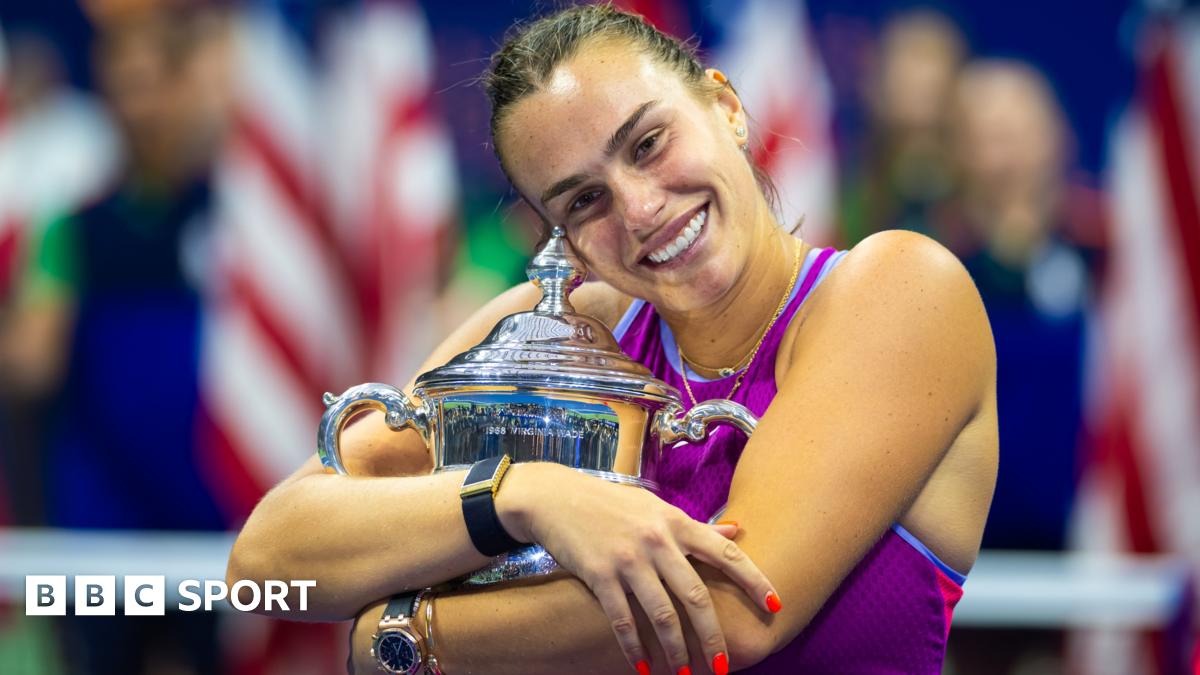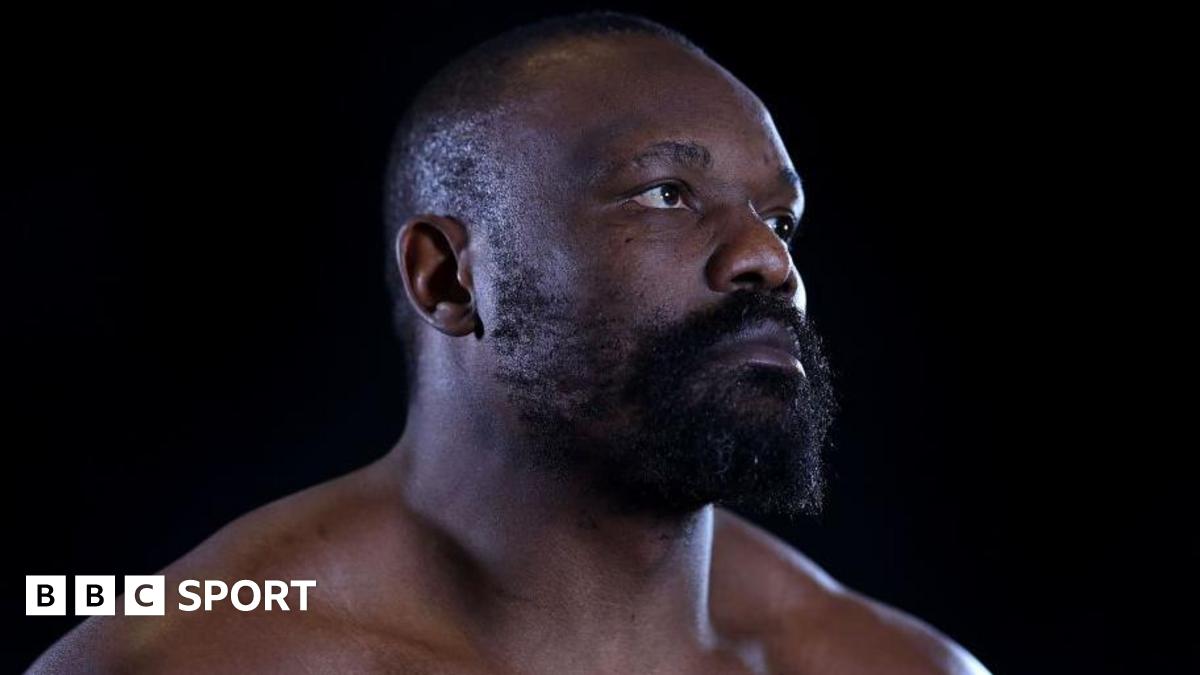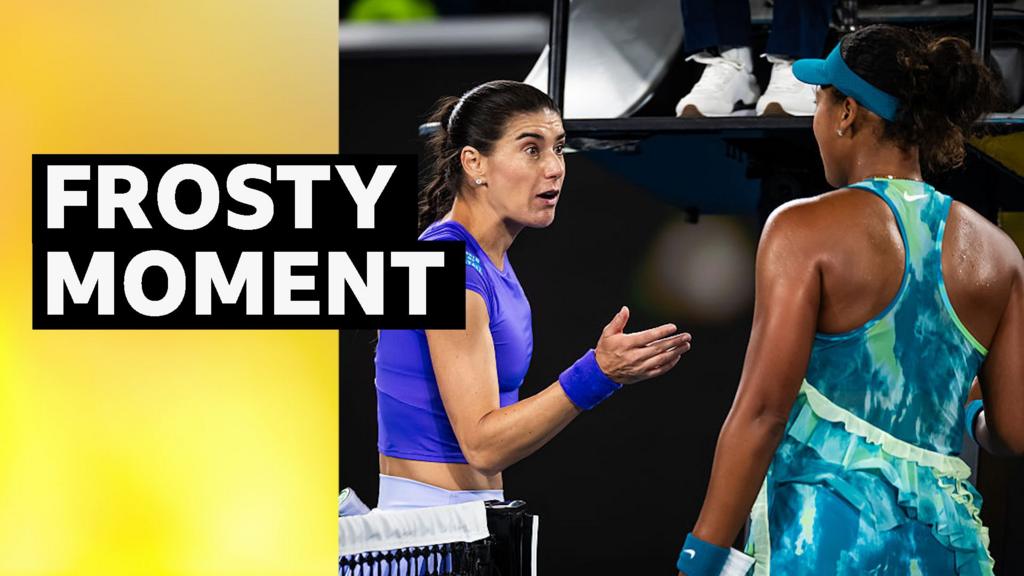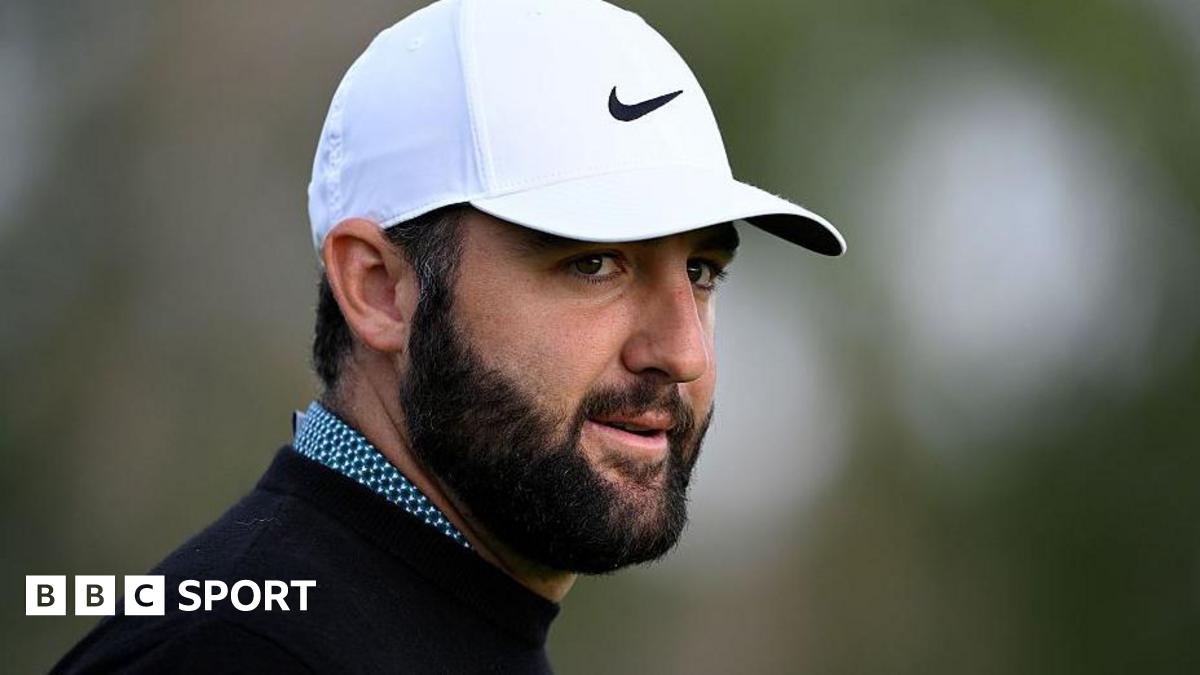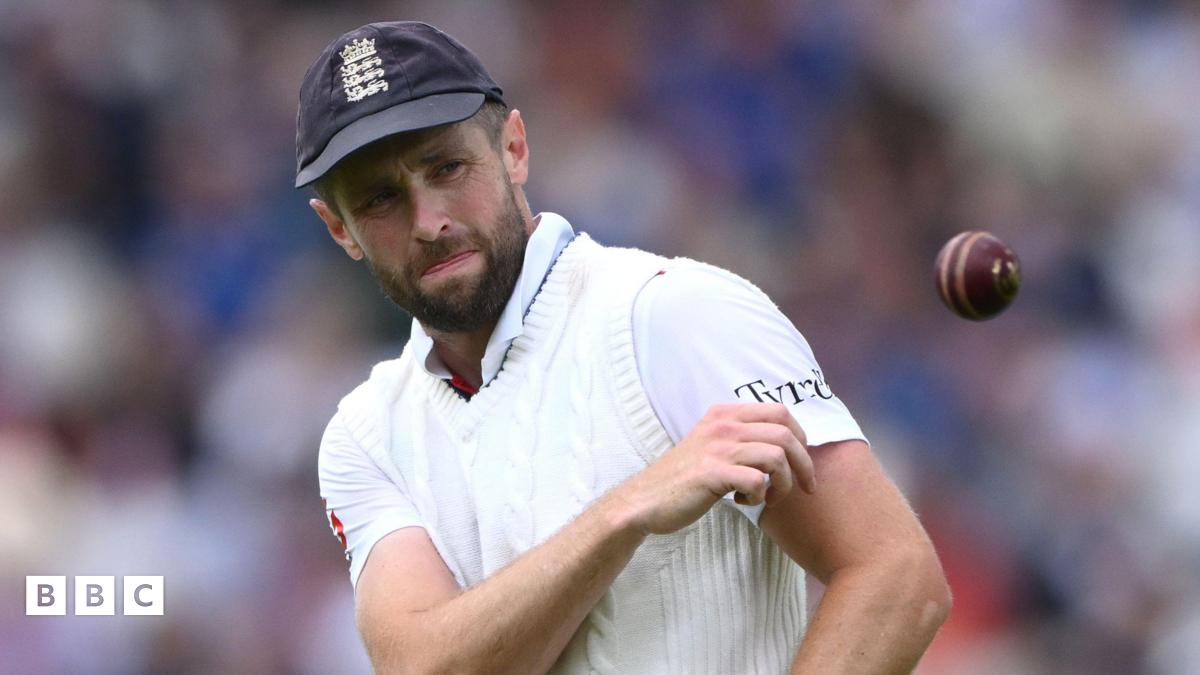Red Bull motorsport adviser Helmut Marko believes Max Verstappen can still get better in the wake of the Dutchman’s first world title.
“He is a driver who I’m sure is not at the end of his abilities,” said Marko, an ex-Formula 1 driver.
“We saw his qualifying performance at the last two races, in Jeddah and Abu Dhabi. He did qualifying laps that were so much more than the car could deliver.
“And that’s why we believe we haven’t seen the climax of Max Verstappen. The more he wins, the more relaxed he gets.”
Marko, who runs Red Bull’s motorsport activities as the right-hand man of co-owner Dietrich Mateschitz, signed Verstappen for the drinks company’s F1 programme in 2014 before the Dutchman had even driven an F1 car.
He gave Verstappen his first opportunity to drive on a grand prix weekend – in free practice at the 2014 Japanese Grand Prix – just five days past his 17th birthday.
In 2015, Verstappen joined Toro Rosso to become the youngest driver to start a full F1 season. And in 2016, after promotion to the Red Bull senior team after four races of the season, he won on his debut to become F1’s youngest grand prix winner.
Marko said: “The first serious discussion I had with him was when he was 15. I saw him in a Formula 3 race, where he was so much better than anybody else.
“It was wet and dry conditions and after this race, which he won by miles, I had a discussion with him for nearly two hours – normally with a young person I talk for 20 minutes – and I was surprised what a mature human being he was in a very young body.
“His determination or his will to win – he knew what he wanted to do.
“We were talking about the future and so on and after two or three weeks we said, ‘Forget all the other junior activities, we go straight into Formula 1.'”
Marko, who was speaking to BBC Radio 5 Live, said Verstappen had developed significantly over the seven years of his career so far.
“He learned quite rapidly. He’s very emotional, which he was controlling more and more,” Marko said.
“He can be quite stubborn. But he matured without losing his very strong characteristics.
“But also his personality – which was already young was quite strong – is getting even more.
“He goes his own way. He doesn’t look left and right. He is not worried by all this media stuff and so on. And it’s nice to see such a young guy to be so focused on doing an amazing job.
“Fortunately now it’s done with the first world championship. I’m sure it’s not the last (world championship) and we will work hard to go for the next one.”
‘If you lose you have to accept it’
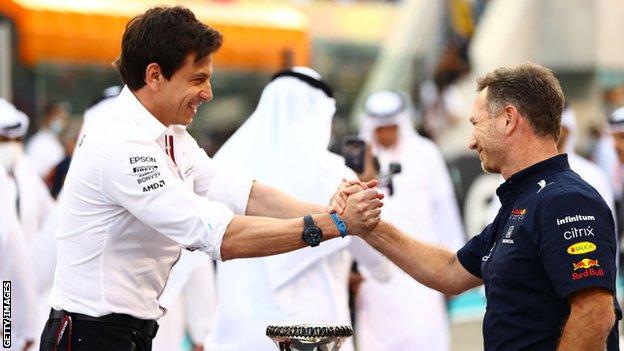
Verstappen won the title in controversial circumstances in the last race in Abu Dhabi on Sunday.
The contentious handling of a late-race safety car period left Mercedes driver Lewis Hamilton, who had dominated the race and was on course for the title himself, exposed on old tyres after Verstappen had pitted for fresh ones.
When the race was restarted for one final lap in circumstances Mercedes believe were against the rules, Verstappen passed Hamilton to clinch the title.
Mercedes have said they intend to appeal against a decision by race stewards to reject their post-race protest regarding the handling of events by race director Michael Masi.
Marko said he “understood” why Mercedes were “unhappy”.
But he said: “What I don’t understand: they had also the ability also to go to the pits. They didn’t. So it was their mistake.”
Mercedes felt they could not pit Hamilton because it would have meant losing the lead to Verstappen, whom Red Bull would have almost certainly left out on track.
The tyre performance off-set between Verstappen and Hamilton would have been far less pronounced in that event – and Mercedes knew that if the two drivers crashed, which they considered likely if Hamilton had to overtake, the title would go to Verstappen.
Marko added: “And to influence Michael Masi, the race director, not to give a safety car. That’s not in their competence.
“We were really disappointed to see that they showed up with a barrister, one of the highest-paid barristers from England, to show up to the last race.
“We take the best paid engineers to the race to get out the maximum of the car. So the way they acted after the race is for us not really understandable.
“We understand the frustration – they believed until one lap from the end they would be accepted. If you lose, you have to accept it.”




